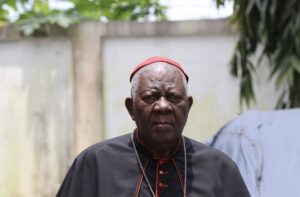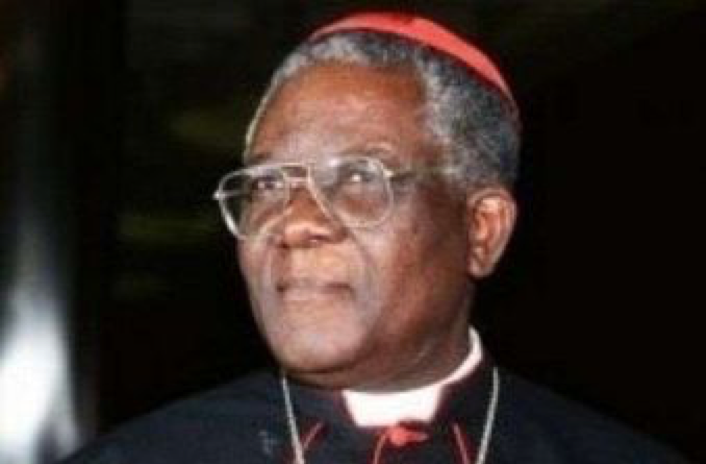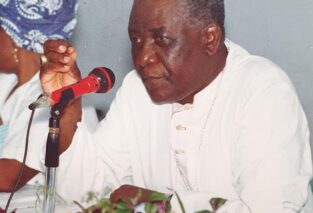
When it became known that Christian Cardinal Tumi, the Emeritus Archbishop of Douala in Cameroon, had died, some journalists called me for my reaction. Even though many issues came up, one question, in particular, seemed to interest just about all of them: how much was Cardinal Tumi worth? They wanted to know what he had left behind in terms of landed property, houses, vehicles and market stocks.
My answer was simple; even though I could not claim to be privy to everything concerning Cardinal Tumi, a man I have collaborated with for several decades, there was, however, one thing I was sure of, and could sing out loud, even from rooftop without fear of being proven wrong. It was that Cardinal Tumi left nothing behind in terms of the material goods the journalists were so eager for me to confirm. I challenged them to do their investigative work to see for themselves if he did own landed property, houses, cars, stocks or taxis plying the roads of Douala and Bamenda, as one of them loudly claimed. I told them that if the present occupant of the Metropolitan See of Douala, His Grace Samuel Kleda, could give them access to the Cardinal’s house, they would be shocked by the spartan austerity of its interior, especially his bedroom where he took his last breath.
One of the journalists specifically referred to the PMUC building adjacent to the Saints Peter and Paul Cathedral, loudly claiming that it had long been proven that Cardinal Tumi owned that building. I told him he was free to contact the diocesan authorities to know who the real owner of that structure is. As far as I know, I told him, the land on which the building stands belongs to the Archdiocese of Douala, and not to Cardinal Tumi, and that whatever agreements he had entered into with the owners of that building were done in the name of the Archdiocese of Douala.
A few days later, the Archbishop of Bamenda, His Grace Andrew Nkea, presided over one of the funeral Masses at the Saints Peter and Paul Cathedral and, in his homily, said that Cardinal Tumi had gone leaving no material possessions behind him. “If you gave him anything expensive,” he said, “don’t be surprised to visit him the next day and see a poor man or woman walking out of his house with it in hand.”
At the funeral Mass the next day, the Papal Nuncio to Cameroon and Equatorial Guinea, Monsignor Julio Murat, preached the homily. Among other things, he said that Cardinal Tumi had left nothing behind him in material terms: no houses, no cars, no landed property. Those were two of the Cardinal’s fellow Archbishops telling the world that the only rich heritage he left behind was in the spiritual realm. I felt vindicated.
Cardinal Tumi was among the dwindling class of those priests of the Bamenda Ecclesiastical Province formed, for the most part, at Bigard Memorial Seminary in Enugu, Nigeria. Many of them had long gone ahead of the Cardinal to the Father’s House in heaven. A few names come to mind: Father Aloysius Wankuy, the first Cameroonian priest west of the Mungo, Monsignor Lucas Atang, Monsignor James Toba (recently departed), Fathers Ivo Ndichia, Henry Mesue, Archbishop Paul Mbiybe Verdzekov, Bishop Pius Suh Awa. Some are still with us: Archbishop Cornelius Fontem Esua, retired Archbishop of Bamenda, Bishop Immanuel Bushu, retired Bishop of Buea, Bishop Francis Lysinge, retired Bishop of Mamfe, and Father Clemens Ndze. These are the names that readily come to mind. One thing that characterised all these servants of God, almost without exception, was the sense of austerity inherited from their formation into the priesthood. Detachment from the material things of the world was embedded in their DNA, be they those who are alive as well as those who have left us.
May Christian Cardinal Tumi and his fellow priests, bishops and archbishops of the Ecclesiastical Province of Bamenda, who have gone ahead of us marked with a sign of faith, find well-earned rest in the Father’s kingdom. Amen. Alleluia!


